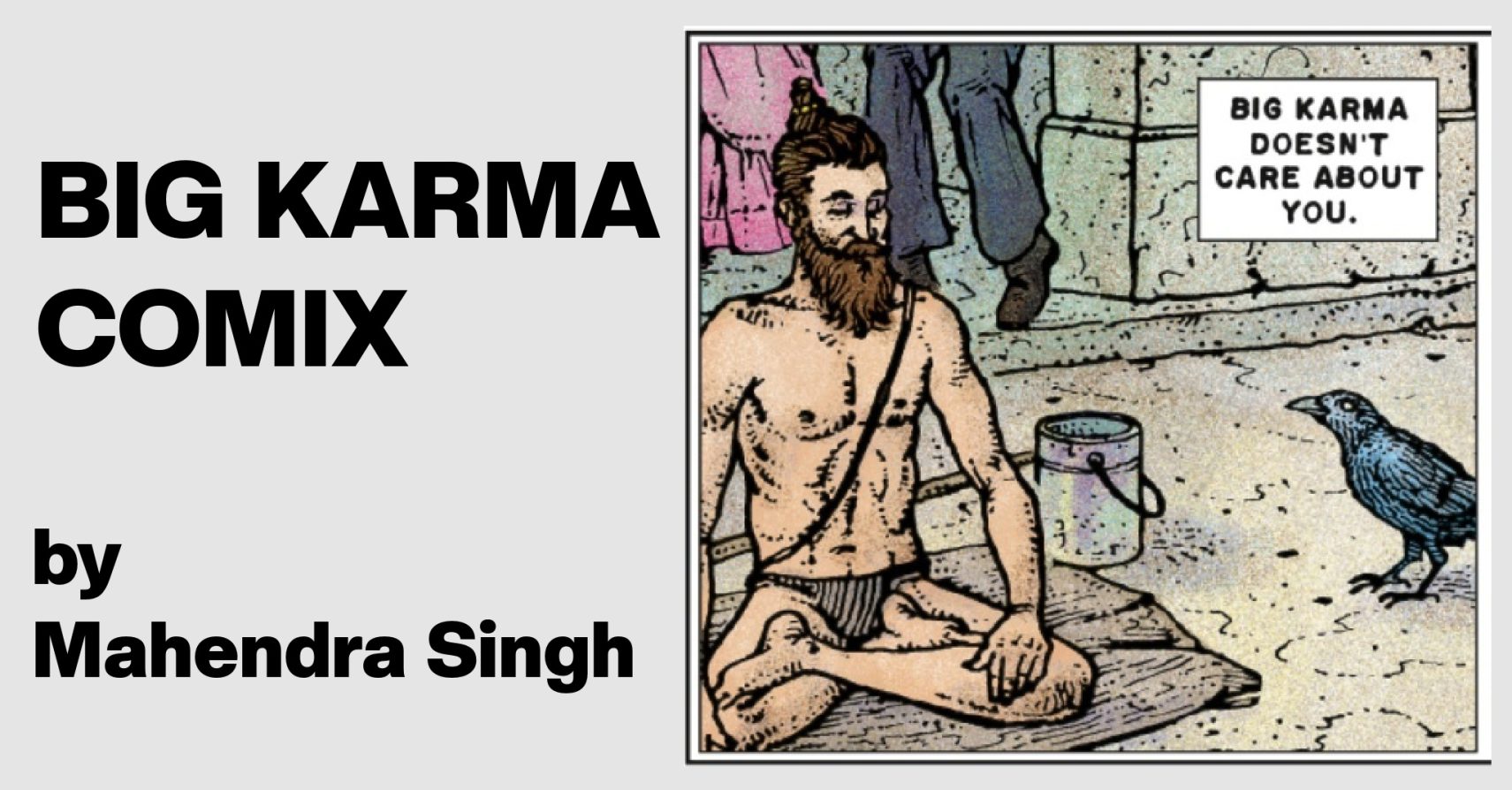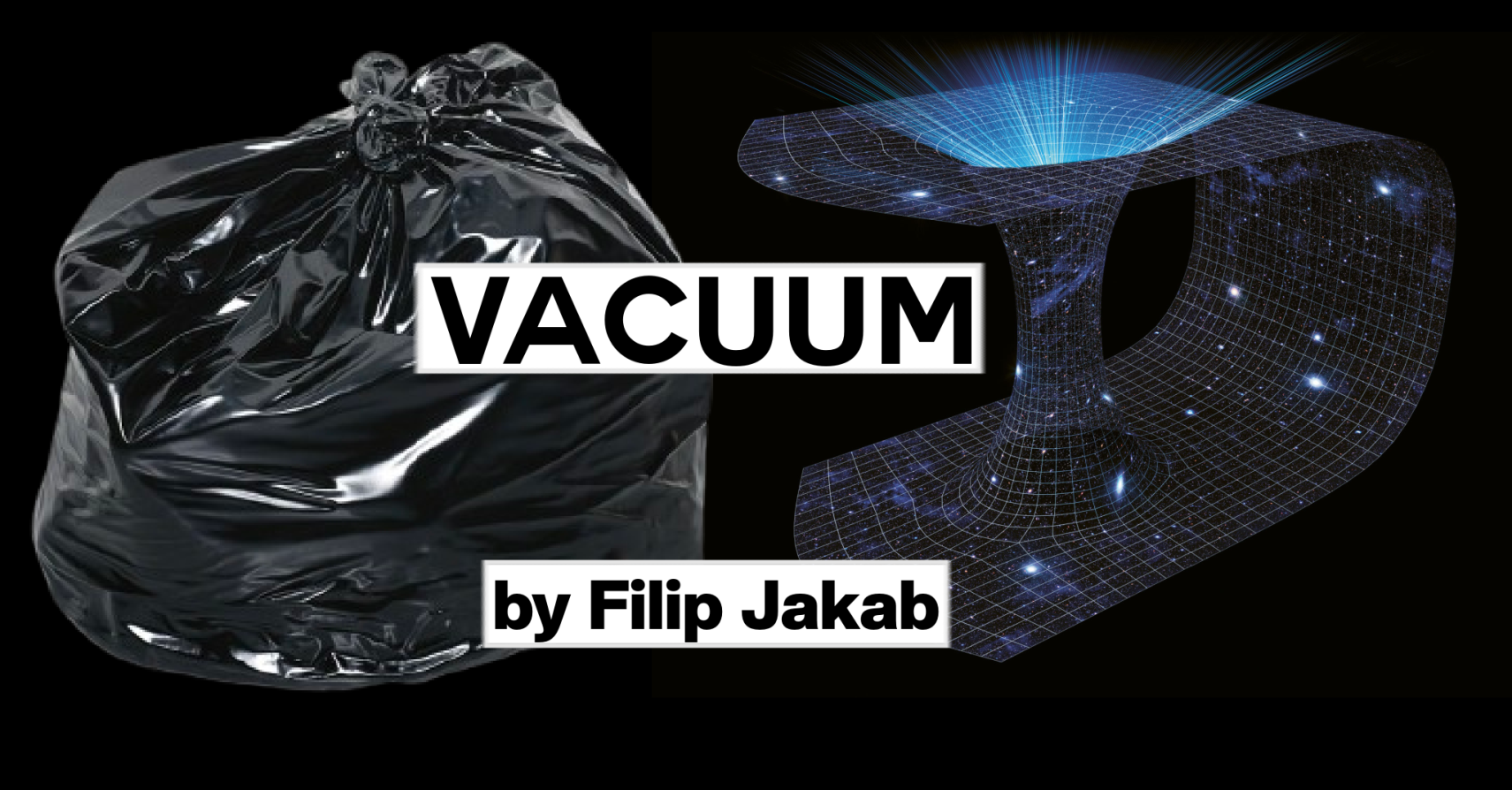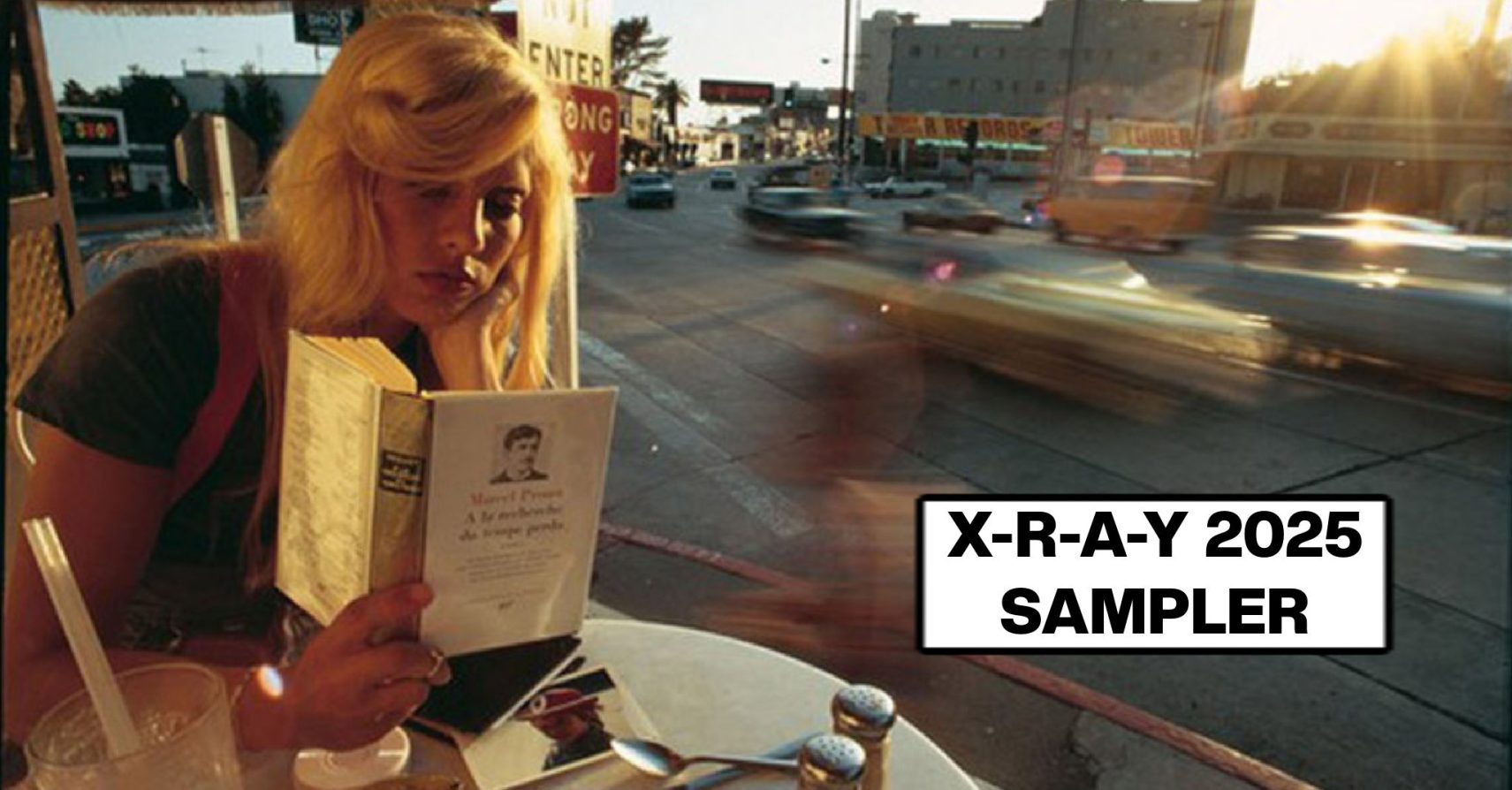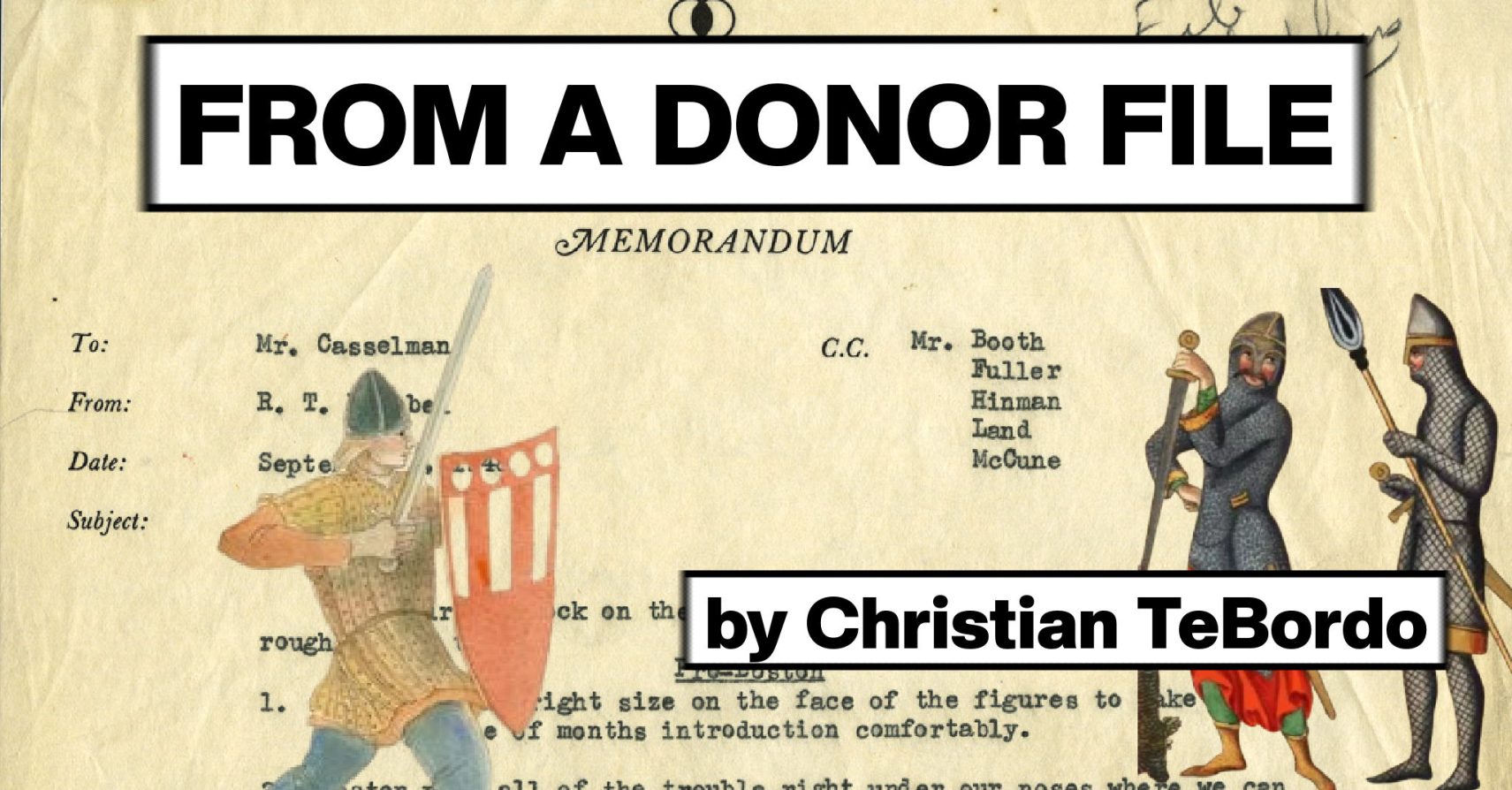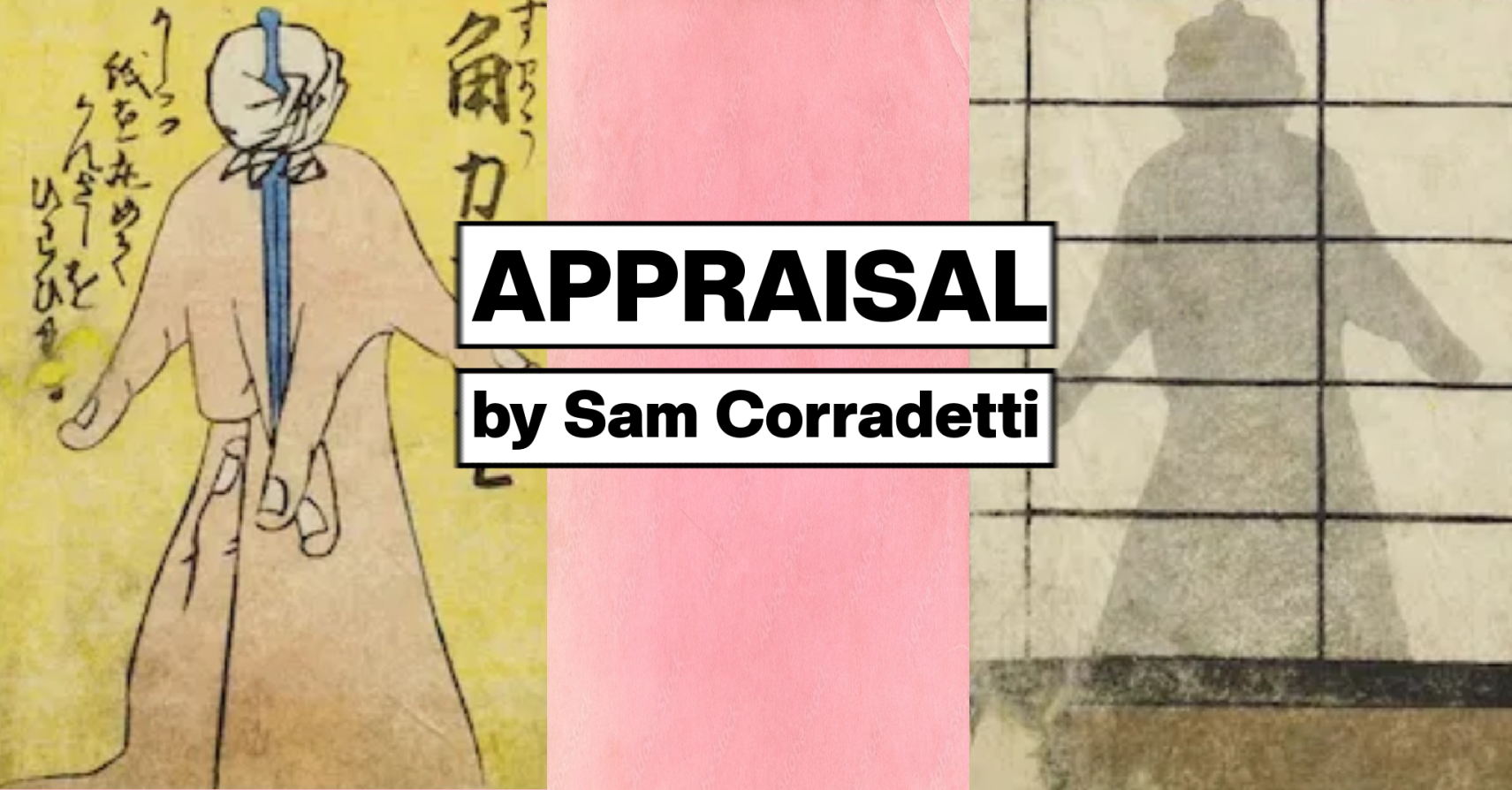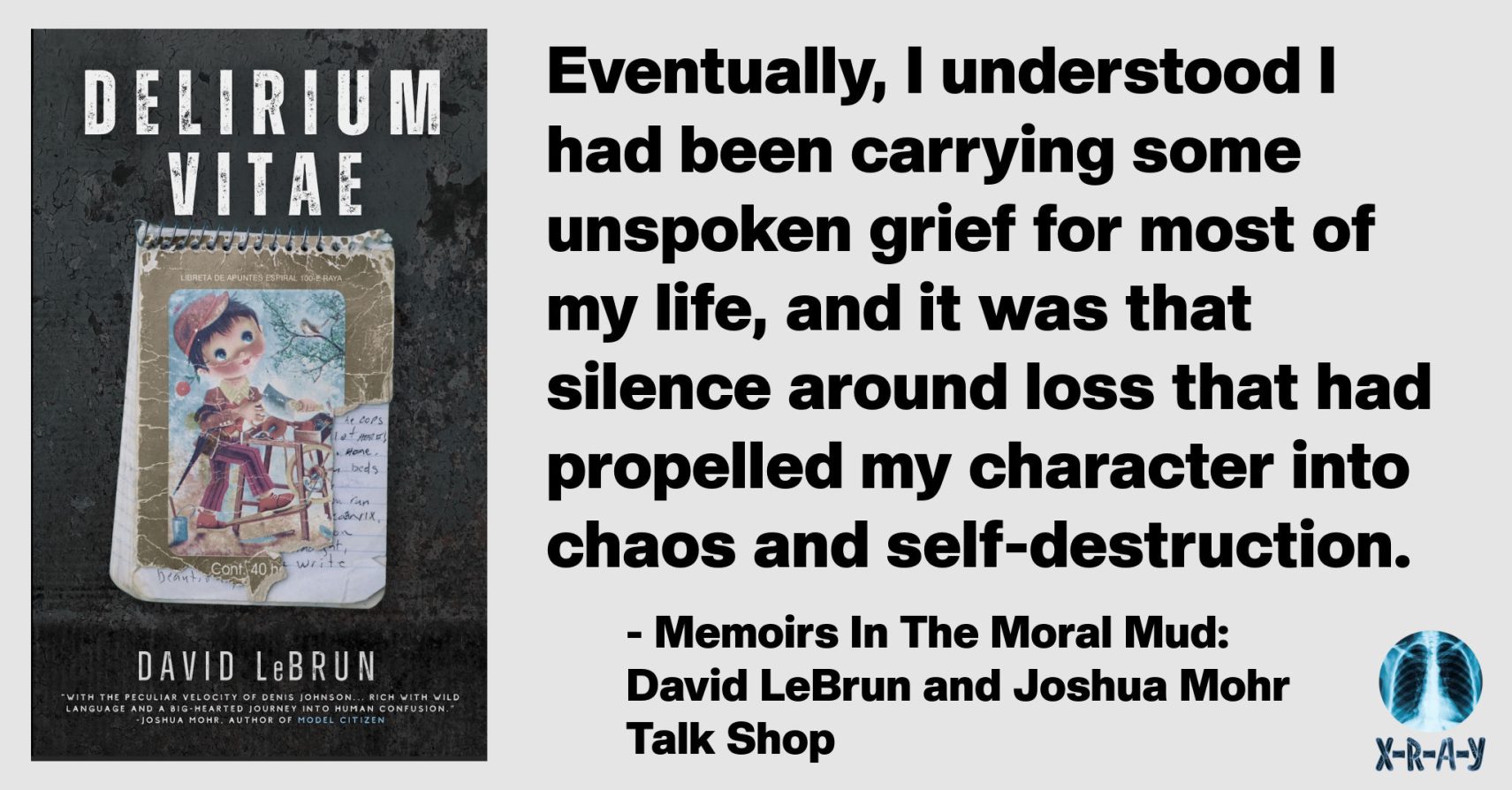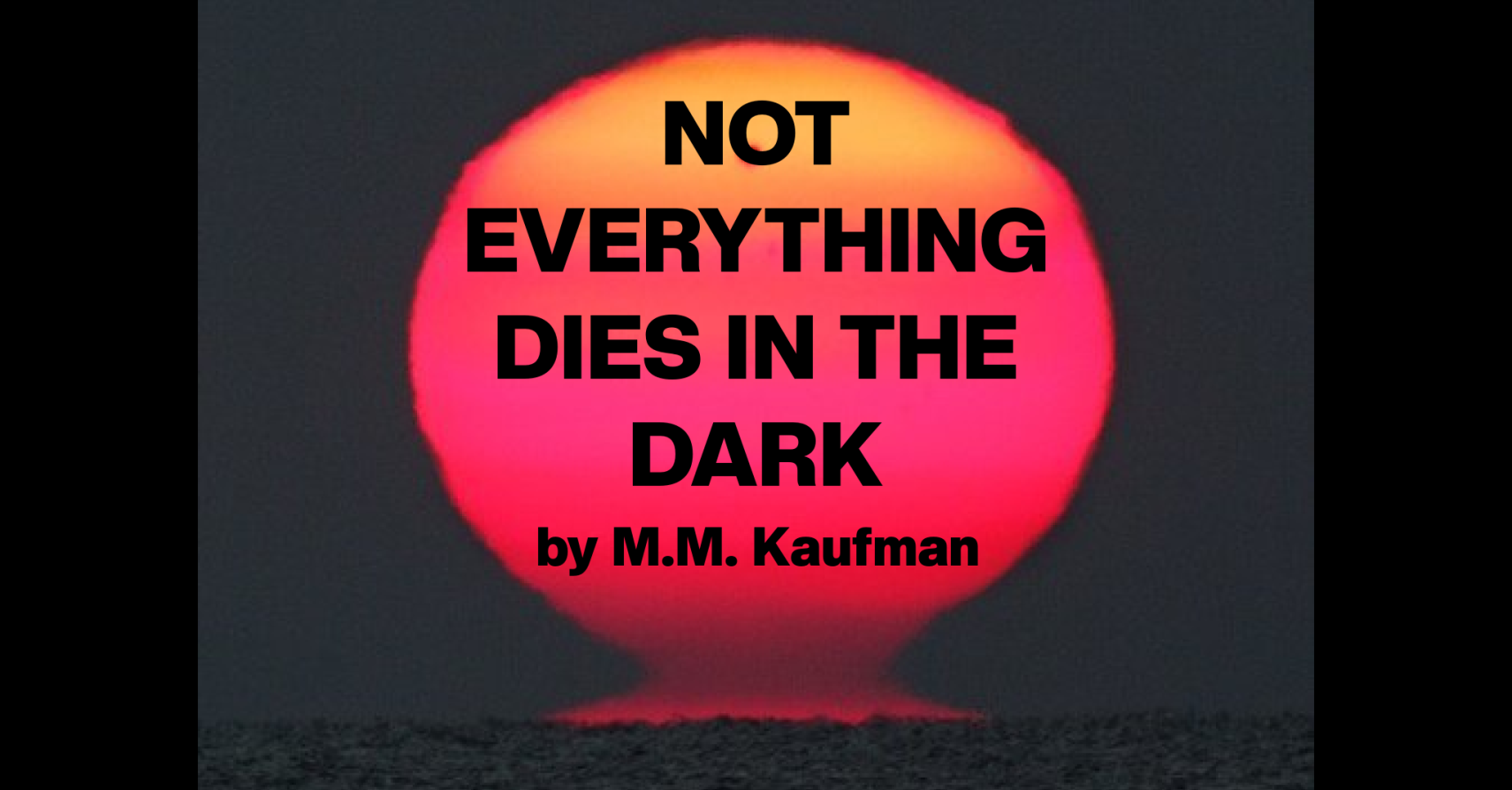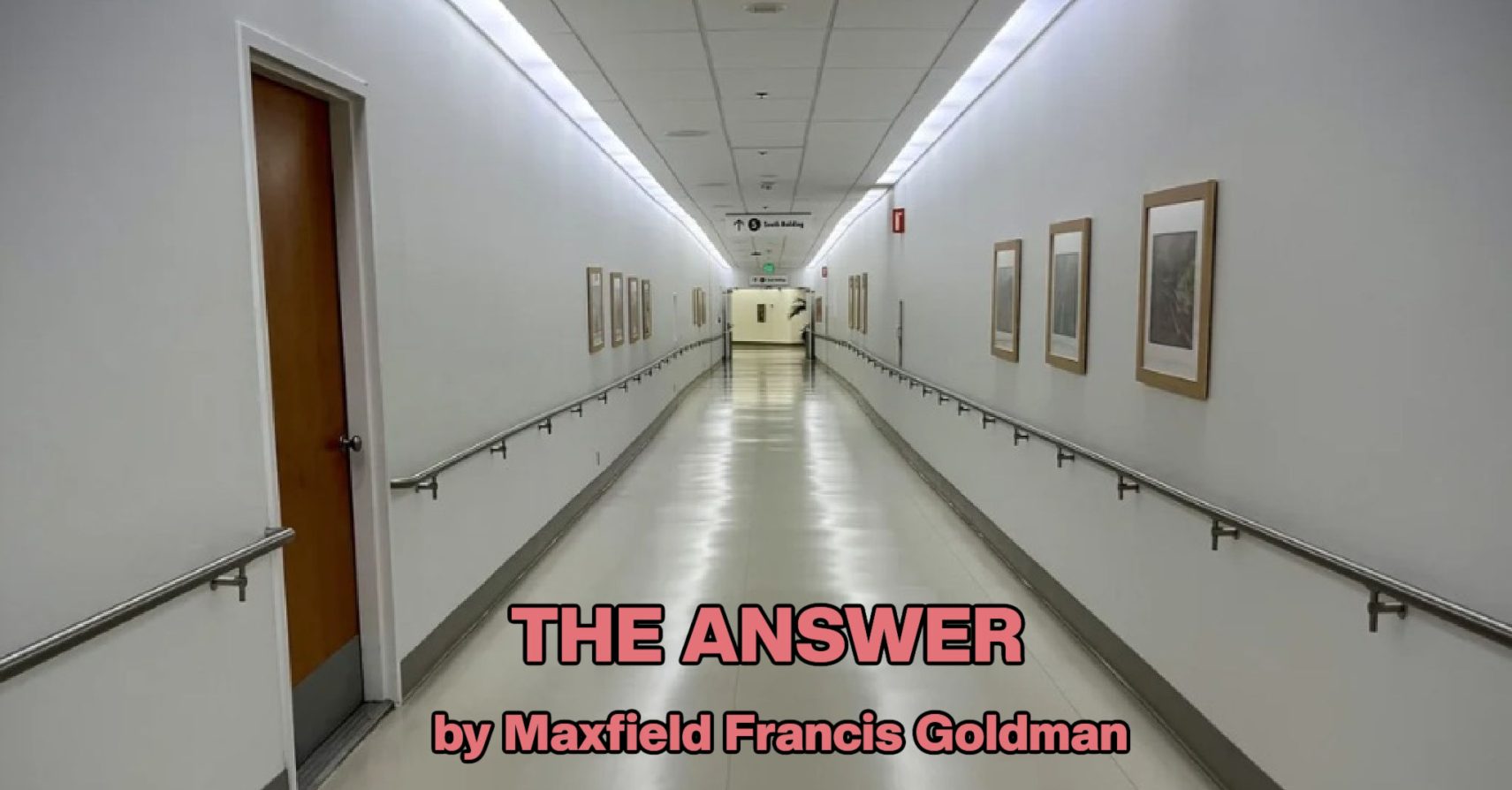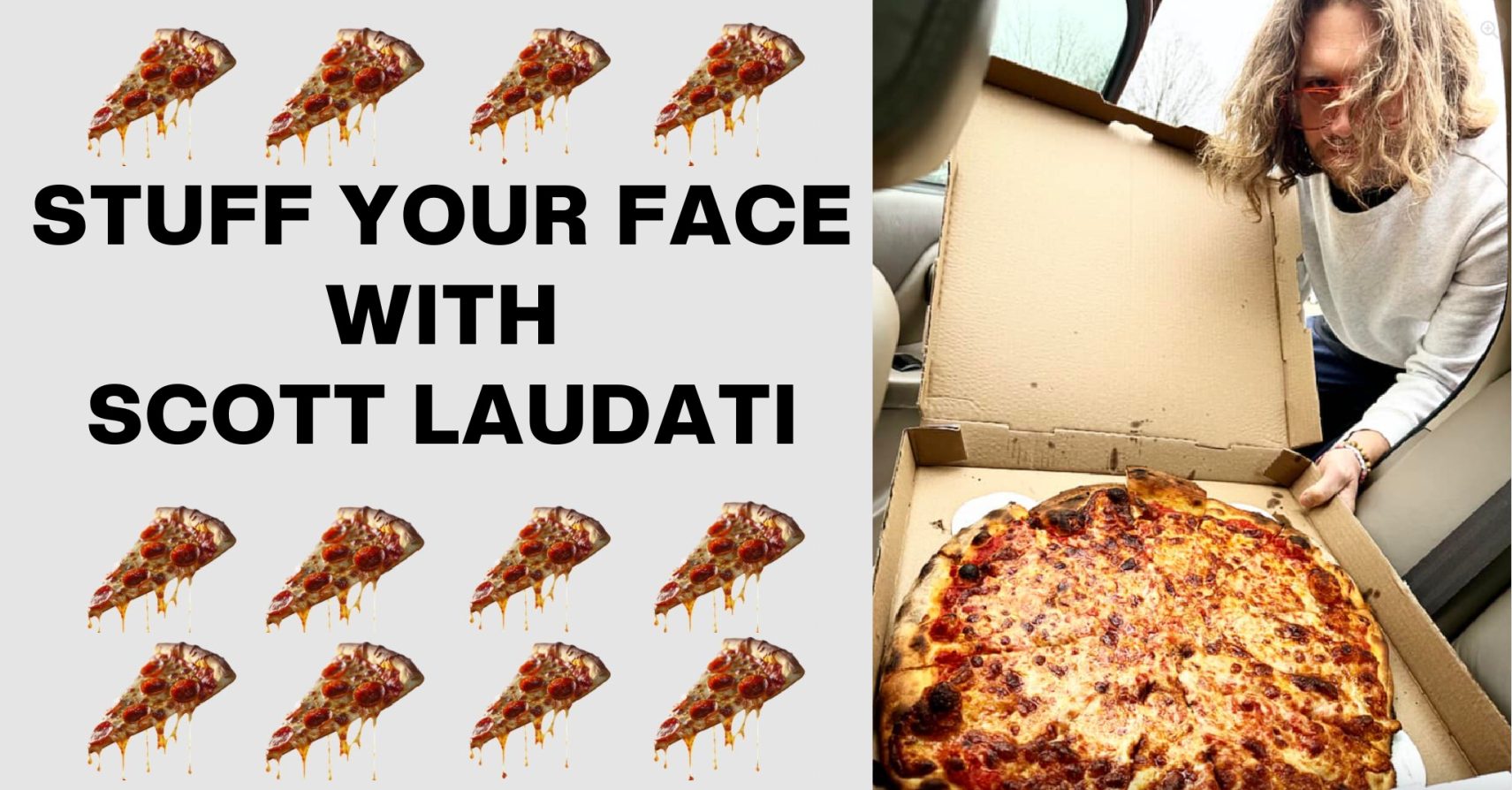
BLOND CANYON by Ariel McCleese
It happened in four parts: 1. Driving on the 134, a whirlpool of leaves in the fast lane. Languid, suspension of air and oaks. 100 Animals! sound book shrill in the backseat. Mommy! Guess! A tapir? Lying in the lukewarm pool of the Los Angeles Zoo. Its heat radiant. Ladybug? A series of noises chosen at random, a constellation of voiceover sounds. A friend demonstrated once. The way she recorded Target commercials from her coat closet. Toucan? How does the color of its beak translate sonically? Mommy! Guess! Should I have taken her to school today? The car buffeting back…

